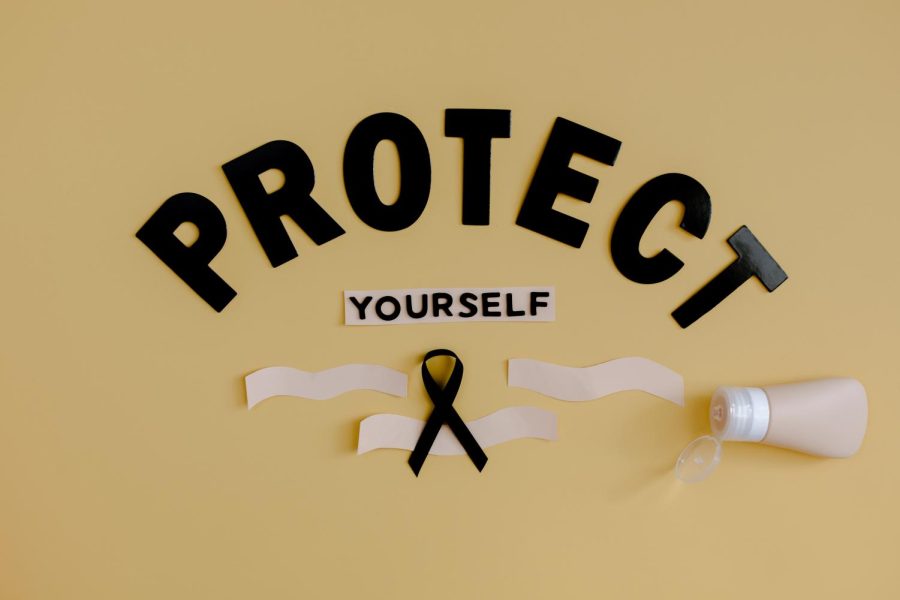Applying sunscreen keeps the skin cancer away
National Melanoma Monday – May 2
Photo by Tara Winstead on Pexels
Practicing sun protection and taking care of your skin is the best way to prevent all forms of skin cancer, not only melanoma.
When you think of cancer, what type immediately comes to mind? Most people think of its most common forms: lung cancer, breast cancer, and prostate cancer. However, with National Melanoma Monday on May 2, you should know about melanoma, the deadliest type of skin cancer.
Melanoma begins in the melanocytes, located in the epidermis level of the skin. They are the cells responsible for producing melanin and grow uncontrollably when damaged by ultraviolet (UV) rays. As melanoma develops in stages I and II, a tumor develops on the skin that grows from about 1 millimeter to more than 4 millimeters. In stage III, cancer penetrates deeper levels of the skin and spreads to the lymph nodes, lymph vessels, and nearby skin areas. By stage IV, melanoma aggressively spreads to vital body parts, such as the brain, spinal cord, bone, liver, and lung. According to Verywell Health, “The relative 5-year survival rate drops from 99% in stages 1 and 2 to 66.2% in stage 3 to only 27.3% in stage 4.” (https://bit.ly/388Jjz8)
Although melanoma is easy to treat and cure, it can quickly become life-threatening if left untreated. Because it usually begins as a small pigmented area on the skin, it can easily fly under the radar if further tests are not taken. So, with summer just around the corner and people at the peak of exposure to UV rays, the American Academy of Dermatology (AAD) took it upon themselves to create National Melanoma Monday to raise awareness about the deadly skin cancer. It is observed on the first Monday in May, which lands on May 2 in 2022.
The AAD advises the public to stay protected by…
- wearing sunscreen and reapply it every two hours
- keeping their skin covered if they are going to be out for an extended time
- staying in the shade
- regularly checking their skin for abnormal spots
- skipping the tanning bed (the UV lights in those cause cancer too!)
- annually visiting a dermatologist for a skin cancer screening.

“For a second, I was thinking that I might write 5 articles this time. Then I reminded myself that I'm weak and can't handle it.”
Maya Nneoma Adimora...









